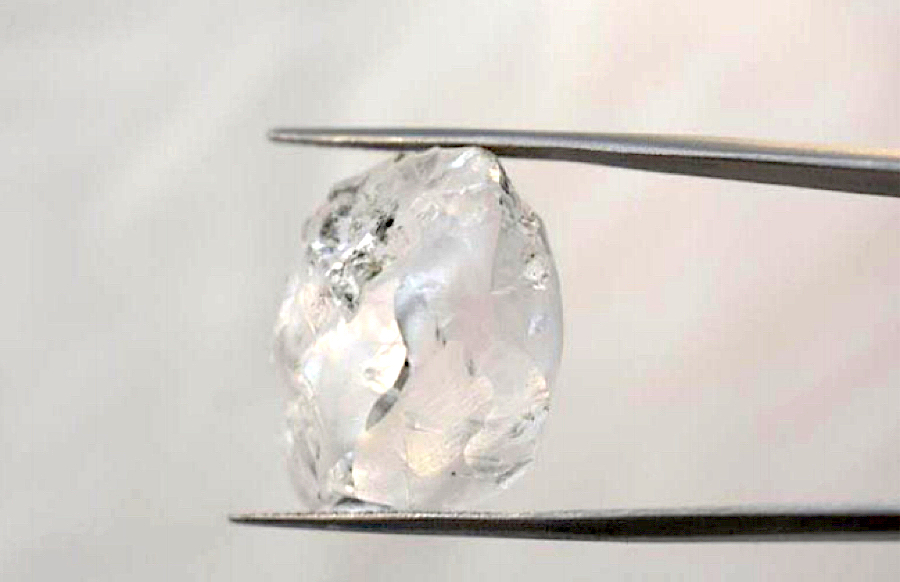
When the stock market fell 18% in early March 2020, Goldman Sachs, UBS and JP Morgan urgently alerted their wealth management clients—“buy gold.”.
Precious metals are an essential hedge against stock and bond volatility because the prices are uncorrelated.
Their benefit to risk-adjusted returns, or the Sharpe ratio, leads institutions and family offices to allocate 5-10% of portfolios to these hard assets.
As a result, investors own 28% of the $9 trillion gold supply, and 15% of the world’s platinum and silver. And diversification works—as of early May 2020, gold outperformed the S&P by nearly 20%.

The benefits are likely to become even greater in the economic aftermath of coronavirus, as central banks flood the market with liquidity—infinite money to support government debt, equity markets, and even corporate bonds. Yields are falling and inflation seems inevitable.
As Ray Dalio says, “cash is trash.” Precious metals are an indispensable inflation hedge, so why not diamonds, with more above-ground value than silver and platinum combined? Diamonds lack a standardized commodity, so there’s no market price, exchange, or liquidity. But that’s all changing.
Diamonds are the ideal hedge. High value to weight means storage costs are low, and returns are uncorrelated to stocks, bonds, currencies, and even gold.
But diamonds have something special going for them—they’re dirt cheap—priced near the 20-year low, while gold is approaching the all-time high.
A commodity will unlock a $1 trillion hard asset at the right moment, for both investors and the diamond industry.
Investors own 28% of the $9 trillion gold supply
The breakthrough is a standardized bar, that like gold all have the same value. They’re fungible.
Each bar contains a public set of GIA certified natural diamonds, but rather than following a fixed formula that could distort prices, daily commodity production must incorporate the entire range of carat weight, clarity and color.
Via statistical sampling and transparent bidding on a regulated diamond exchange, each bar, assembled in GIA Labs, contains the same geological scarcity, a fact that can be proven mathematically.
The process has been approved by regulators, and is overseen by the Bermuda Monetary Authority.
The bars are fungible because they contain the same scarcity of geological content, so they can be traded on commodity exchanges at a daily market price.
Working with banks, brokerages, clearing firms, custodians, and exchanges, futures and options have been approved in the U.S., and an ETF being planned for listing on the NYSE, under the ticker DIAM.
If, like silver and platinum, investors demand 15% of the above-ground supply of diamonds, that’s $150 billion worth, drawing from new production and consumer-owned diamonds.
Early buyers stand to benefit from the low initial market price, followed by years of institutional demand, as positions are built and a full spectrum of financial products are created.
The diamond commodity will have a significant effect on the diamond supply chain and every participant, not only by creating substantial new demand, but also by instituting transparency, regulation and efficiency.
BlackRock’s Chief Investment Officer understood the value of a diamond commodity as an asset for the financial markets, and formed the executive fund which is the largest investor in Diamond Standard.
Upon gaining regulatory approval, the company has started to engage the diamond industry, initially mines and sight holders.
Thirty producers have agreed to offer diamonds to the company, which will bid for them daily.
The Diamond Producers Association is in discussions to co-sponsor the diamond ETF, and several mines and manufacturers proposed to buy equity in the company.
To avoid a conflict of interest, Diamond Standard has agreed to offer non-voting stock to qualified parties affiliated with the diamond industry.
(Cormac Kinney is the Founder & CEO of Diamond Standard)
Comments